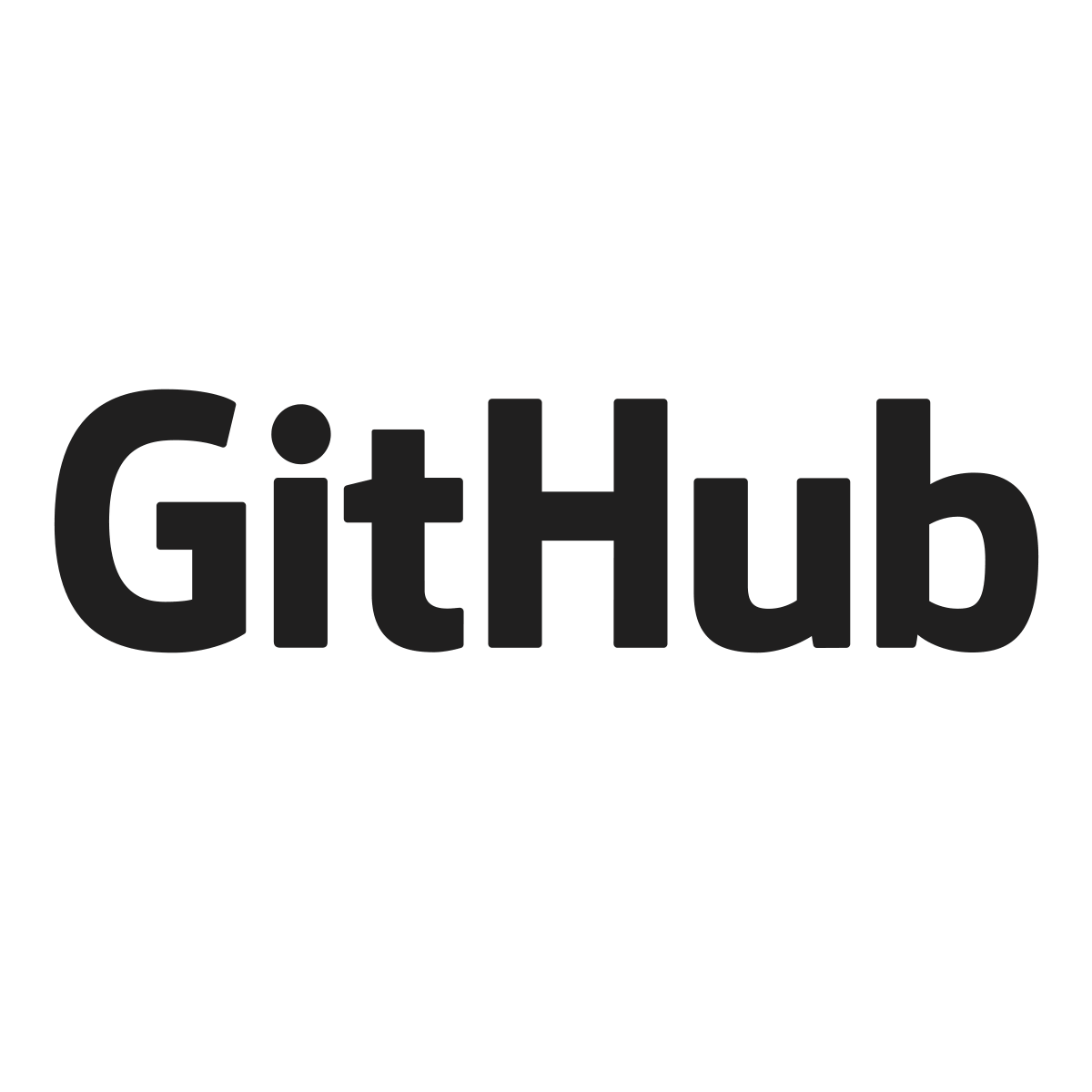ryukshinigami
New Member
I'm currently working on a project involving the exploration of Linux's clipboard functionality and the 'cp' and 'mv' commands. However, I'm encountering challenges in locating the actual scripts or source codes (not the executable binaries in /bin or /usr/bin) for these commands. Additionally, I'm keen on understanding the inner workings and architecture of Linux's clipboard (Ctrl + S and Ctrl + V) and the mechanics behind Ctrl + Shift + C and Ctrl + Shift + V in the terminal.
The primary focus of my project is on the copy-and-paste flow within Linux operating systems. I'm reaching out to this community in the hopes that someone can guide me toward the actual scripts (preferably in C, C++, or any language) and provide insights into the architecture of Linux's clipboard manager. Any assistance in this regard would be greatly appreciated.
The primary focus of my project is on the copy-and-paste flow within Linux operating systems. I'm reaching out to this community in the hopes that someone can guide me toward the actual scripts (preferably in C, C++, or any language) and provide insights into the architecture of Linux's clipboard manager. Any assistance in this regard would be greatly appreciated.


